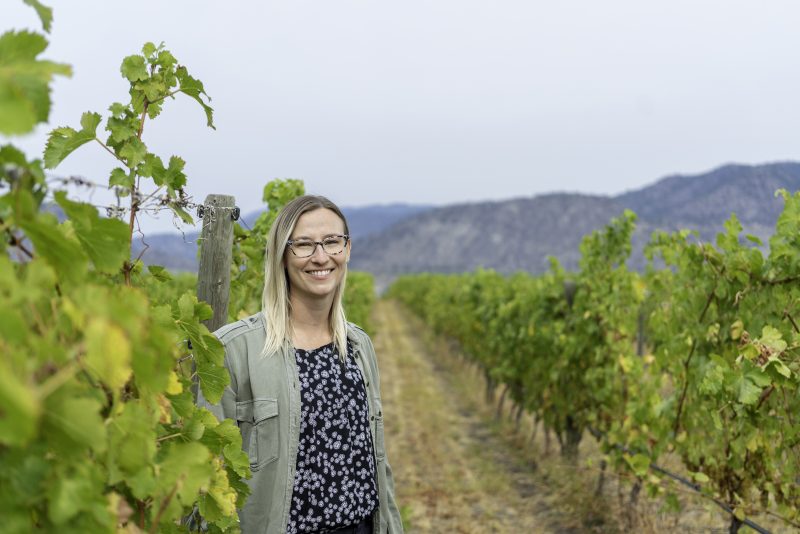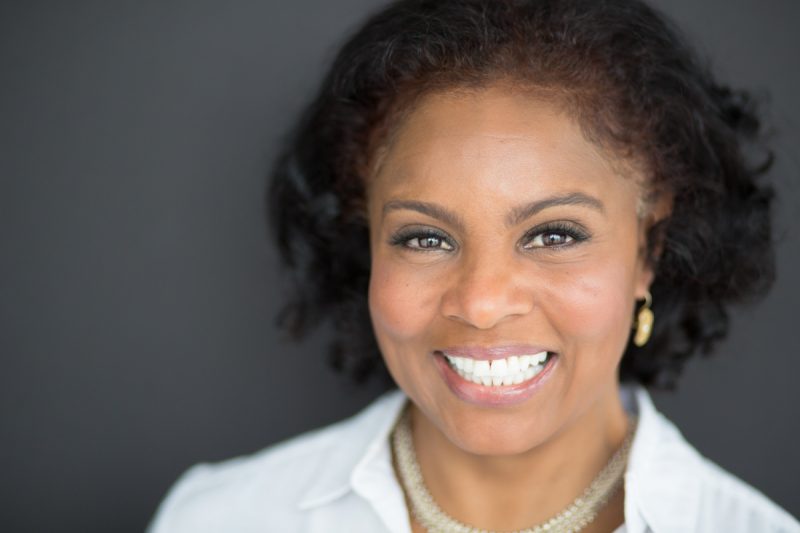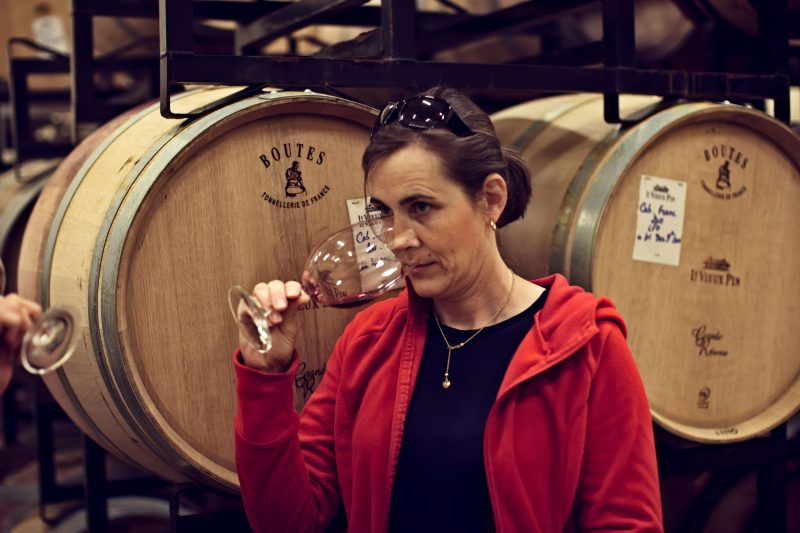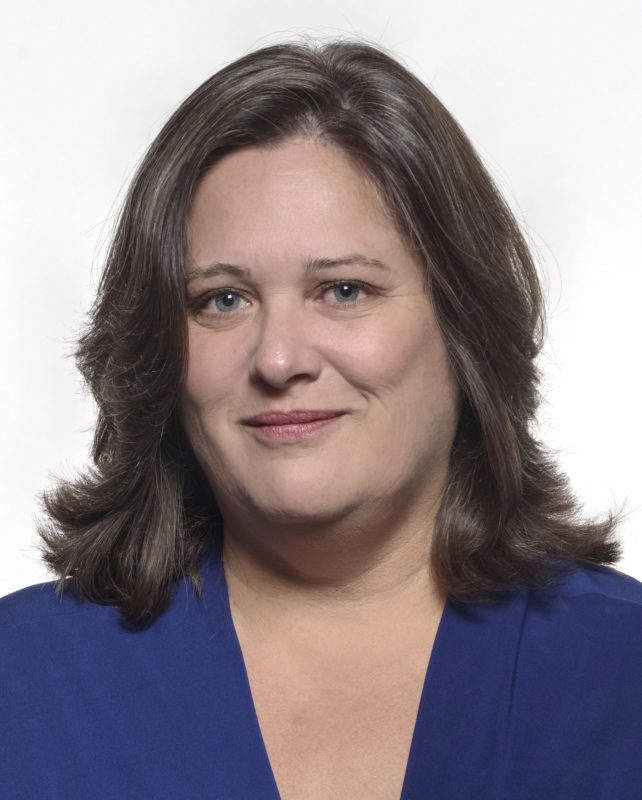Parts 1 and 2 of the series appeared earlier on Quench Magazine. Read Part 1 and Part 2.
Part 3
In my previous two articles on women in the global and Ontario wine industry, we saw that women have obtained greater representation and the number of female winemakers and owners has increased. So what does the situation look like in British Columbia?
According to information provided by Wine Growers British Columbia (formerly the BC Wine Institute) and some digging of my own, there are a number of women at all levels in the BC wine industry. The list, based on information submitted by WGBC membership, contains over 250 names.
While at first glance it appears that women are well represented, the devil is in the detail and warrants a closer look at the types of positions held by women, as opposed to numbers alone. Are women in positions of ownership and/or with decision-making power to effect real change? What are the challenges they face and continue to experience?
I spoke with several women ranging from seasoned winemakers to a newer owner to a millennial working in viticulture to find out what it is like to be a woman in the BC wine industry in 2021.
Stephanie Vickers: Head Soil Scientist, Sebastian Farms (the viticultural extension of Mission Hill Family Estate)

Vickers is a millennial and started working at Sebastian Farms just over a year and a half ago. She has a Master’s Degree in Environmental Soil Chemistry and is the only woman, or man for that matter, that works as an in-house soil scientist for a winery in Canada.
Vickers is responsible for monitoring and analyzing the overall health of the vineyard soils, which enables the viticultural team to determine what grape varieties, clones and rootstocks are best suited to which areas of the Okanagan.
Vickers came to the position after working with other high value agricultural crops. Her move to the wine industry has been positive overall and she sees the industry as more welcoming to women than agriculture in general.
While acknowledging that the viticultural side of the industry is still male dominated, Vickers recognizes her cohort has it easier than previous generations of women but believes that women still need to work harder to prove themselves. She also believes that more women in the industry will result in more women in viticulture and says she is encouraged by the impressive roster of female head winemakers and senior VPs at the Mission Hill Family Estate group of wineries.
Allison Zimmerman: owner, Seaside Pearl Winery

Allison Zimmerman is, with her husband David, owner of Seaside Pearl Winery and a relative newcomer to the BC wine industry. Her overall experience has been positive, though she remarks that when working in her tasting room, customers often ask to meet the owner.
Although she is used to such comments from her time in real estate, she thinks that wine consumers still have pre-conceived notions about what a winery owner looks like, which more often than not does not include a woman, or, as in Zimmerman’s case, a woman of Trinidadian origin.
Zimmerman believes that for change to take place, women need more mentoring and role models so that “we can see ourselves as leaders and aspire to positions of power.” It is hard for a woman to imagine herself as a winery owner if she rarely sees or meets women who ownwineries.
Zimmerman also believes there are many influential women in the BC wine industry even if men may be more visible in positions of power. She is an advocate for women supporting women and motivating other women to do bigger and better and is inspired by her winery consultant Cindy Ferrie who has assisted Zimmerman to navigate the industry and move the winery business forward.
Severine Pinte: Managing Partner and Viticulturist/Winemaker for Le Vieux Pin and LaStella Wineries

Severine Pinte is originally from France and has been working in the British Columbia wine industry since 2010. With a Master’s Degree in Viticulture and Oenology from the University of Montpellier and experience in France, her story is an inspiration to many young women in the industry who see her as a role model and often contact her to hear about how she got to where she is today.
While Pinte recognizes that challenges still exist for women, she sees the BC and Canadian wine industry as more open, especially in production roles in winemaking and assistant winemaking, than in France. She also believes it might be easier for women in a newer, less established region and feels she has had more opportunities from her employer in BC than she would have in France, which in many regards is still bound by centuries of history and family connections.
Whereas Le Vieux Pin and sister winery LaStella have gender parity and balance in both production and administration, Pinte acknowledges that winemaking is a job with long hours and many women winemakers still bear the lioness’s share for childrearing. In addition to the demanding and long hours of winemaking work, she, like many other women winemakers, start their second shift of the day at home, unlike many men in the industry.
Pinte believes that although access to education is no longer a barrier to entry, women still need mentoring opportunities. She says that while we must continue to expose inequality and injustice, she would also like women’s experiences in the industry normalized, and not viewed as unique or not belonging.
Sandra Oldfield: former CEO and winemaker of Tinhorn Creek Vineyards, current owner of Elysian Projects Consulting

When I asked industry veteran Sandra Oldfield if women still face challenges, without missing a beat she replied “100 per cent.” Oldfield noted that even though women occupy many positions (at all levels) in sales, hospitality, marketing and the tasting room, under-representation in the C-suite, or executive-level management and boards, still exists as it does in most industries in Canada.
Oldfield is encouraged by the increasing gender balance in the cellar and production areas but also points out there are still more men than women winemakers that go on to become winery general managers, director of operations or CEOs. She urges women to obtain human resources and finance experience and skills, so as to be viewed as management material and capable of overseeing the entire winery operation chain.
Unequal pay also remains a challenge, which Oldfield has seen in data collected through the Elysian BC Wine Industry Salary Survey. The survey charts salaries in all positions, from vine to table – so to speak, of participating BC wineries. She believes the industry is not doing enough to track rates of pay or gender diversity, which is crucial to measure change and progress.
Similarly, in our discussion of the Sustainable WineGrowing British Columbia Programme, Oldfield responds that although human resource and health and safety procedures in the production chain are evaluated for certification, there is currently no criteria on gender balance (though there are compliance criteria on harassment and discrimination policies and providing family support services). Given that gender parity and racial diversity are increasingly important for many consumers, the audit process, along with wineries themselves, should take heed and incorporate measurement of such metrics going forward.
Oldfield sees the labour disruption and shortages resulting from COVID-19 actually working to the advantage of employees of all genders. She believes that candidates are now in the driver’s seat and should be asking potential employers about pay equity and gender parity, along with their approach to work/life balance, in particular for women, who continue to shoulder the majority of childrearing and work responsibilities in the home.
Despite the fact that women are more numerous in the BC wine industry than ever before, it remains important to share stories of their experiences, positive and negative, and amplify women’s voices. To quote the late Ruth Bader Ginsburg “Women belong in all places where decisions are being made (and) it shouldn’t be that women are the exception.” I am not sure we have reached that point yet but am hopeful for that day to come.
Janet Dorozynski left life as an academic and has been tasting, judging, teaching & communicating about wine, beer and spirits from across Canada and the world for more than twenty years. She holds the WSET Diploma, a PhD from Concordia University and is a WSET Certified Educator.
